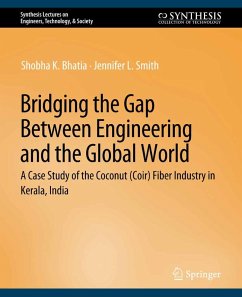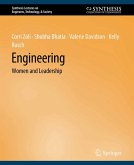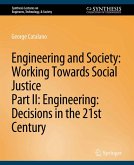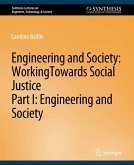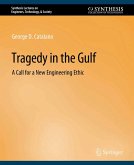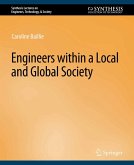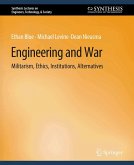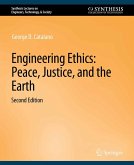Over the last two decades, globalization has had a profound impact on how we view the world and its sustainability. One group of professionals that lies at the heart of sustainability is the engineers. Engineers are trained problem solvers, required to implement technical solutions and are at the forefront of the development of new technologies. Although engineers play a critical role in sustainability, traditional engineering programs typically only focus on the technocentric and ecocentric dimensions of sustainability, providing little training on the sociocentric dimension. With more and more interest in sustainability, it is becoming increasingly important to also provide engineers with an awareness of sociocentric issues and the necessary skills to address them. The aim of this book is to provide engineering educators with a real-life case study that can be brought into existing courses to help bridge the gap between engineering and the global world. The case study focuses on how our engineering study of different natural plant fibers for soil erosion control led us to small villages in Kerala, India, where marginalized women workers often stand waste deep in water several hours a day, clean and beat coconuts by hand, and separate and spin coconut (coir) fibers into yarn by hand, for very low wages. The case study provides insight into the three dimensions of sustainability (technocentric, ecocentric, and sociocentric) and how they come together in a typical engineering problem. Table of Contents: Reinforcing the Classroom / Natural Plant Fibers for Engineering Applications: Technocentric and Ecocentric Dimensions of Sustainability / The Coir Fiber Industry in Kerala, India: Sociocentric Dimension of Sustainability / Case Study / Conclusion / Bibliography
Dieser Download kann aus rechtlichen Gründen nur mit Rechnungsadresse in A, B, BG, CY, CZ, D, DK, EW, E, FIN, F, GR, HR, H, IRL, I, LT, L, LR, M, NL, PL, P, R, S, SLO, SK ausgeliefert werden.

